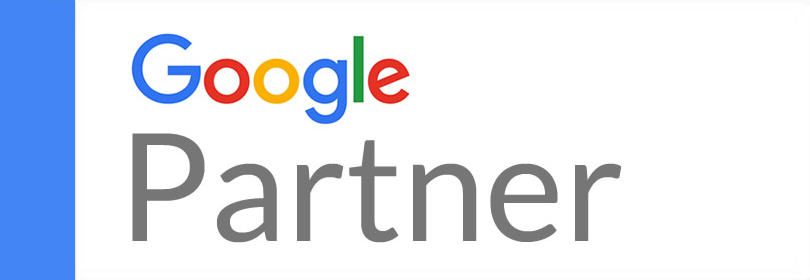Google updates may cause your websites ranking to drop dramatically, but strictly speaking those aren’t penalties. When we talk about penalties, we’re talking a Google employee manually applying a change to your site because a Google reviewer has found your site to be in violation of Google’s quality guidelines.
While you should know how to avoid running afoul of Google’s quality guidelines, you will receive a notice in your site’s Google Search Console explaining why your site isn’t compliant. However, it’s not hard to avoid manual penalties. As a general rule, the practices that will trigger a manual penalty are things you should avoid doing anyway because they result in a poor user experience and will not benefit your site in the long run. You may get away with questionable SEO tactics for a while, but Google will eventually figure out that your site is manipulating the search ranking algorithm instead of providing relevant and useful content.
Google will flag unnatural links to and from your website, user generated content spam, a hacked website, spammy structured markup, keyword stuffing, hidden text, content with no added value, sneaky redirects, and spammy freehosts.
Unnatural links can fall under multiple categories. Google does not want anyone buying or selling links, which includes bloggers who do reviews in exchange for free items, or keyword stuffing blog posts with links for the sole purpose of giving links to another website. The company also doesn’t want anyone exchanging links for the sole purpose of improving all the website’s involved search rankings or using automated programs to create links to your site.
If you find your site on the receiving end of a Google penalty, your best bet is to fix the issue and politely reach out to Google, explaining what you did wrong and how you plan to follow Google’s quality guidelines from now on.


